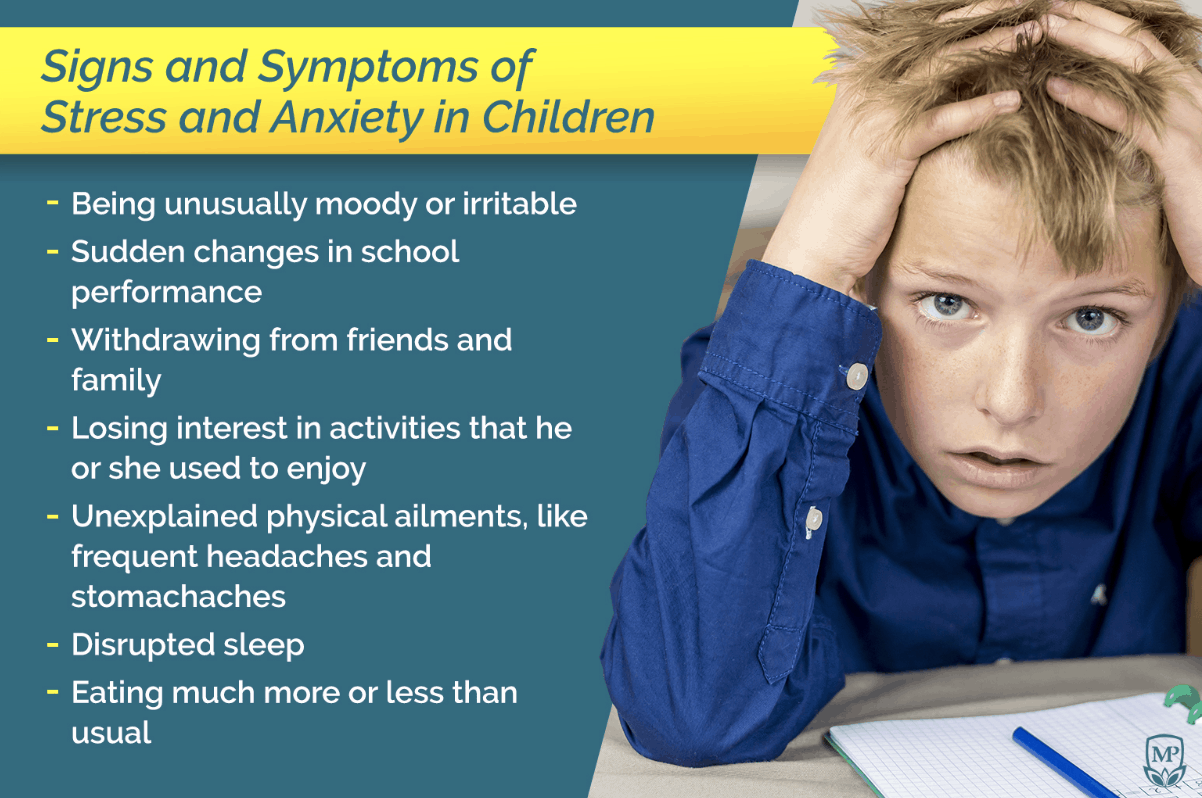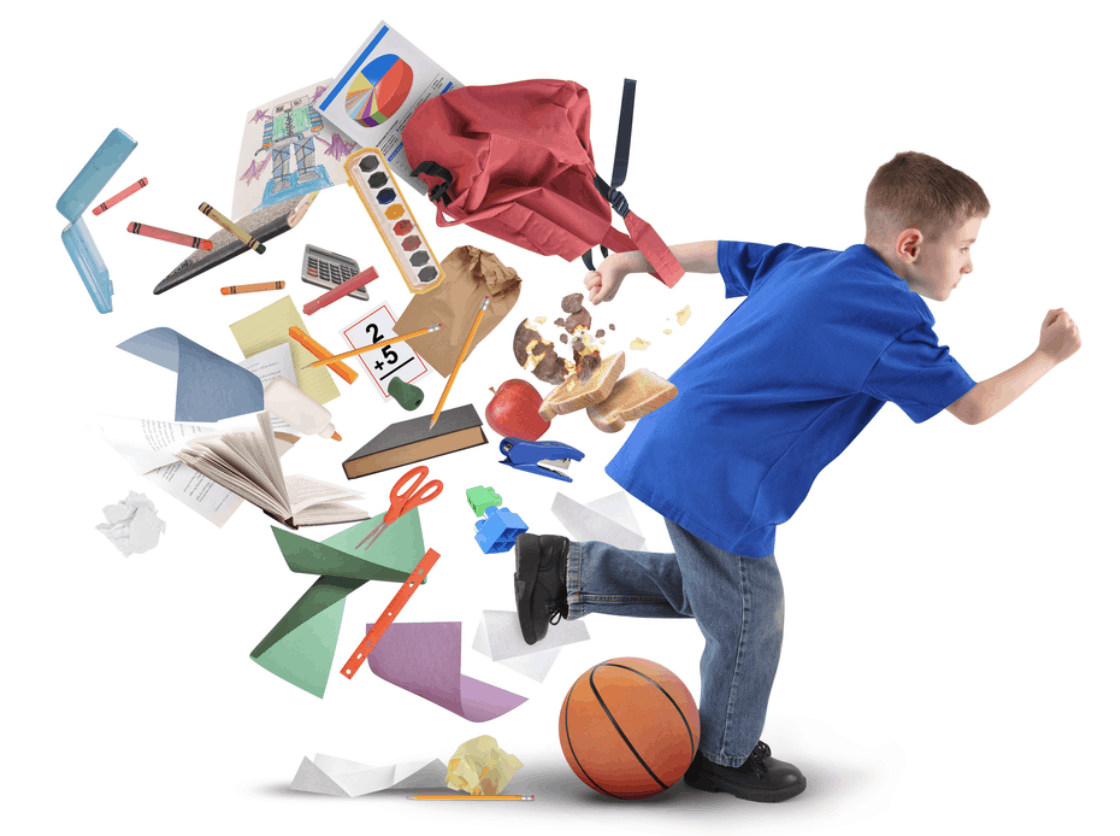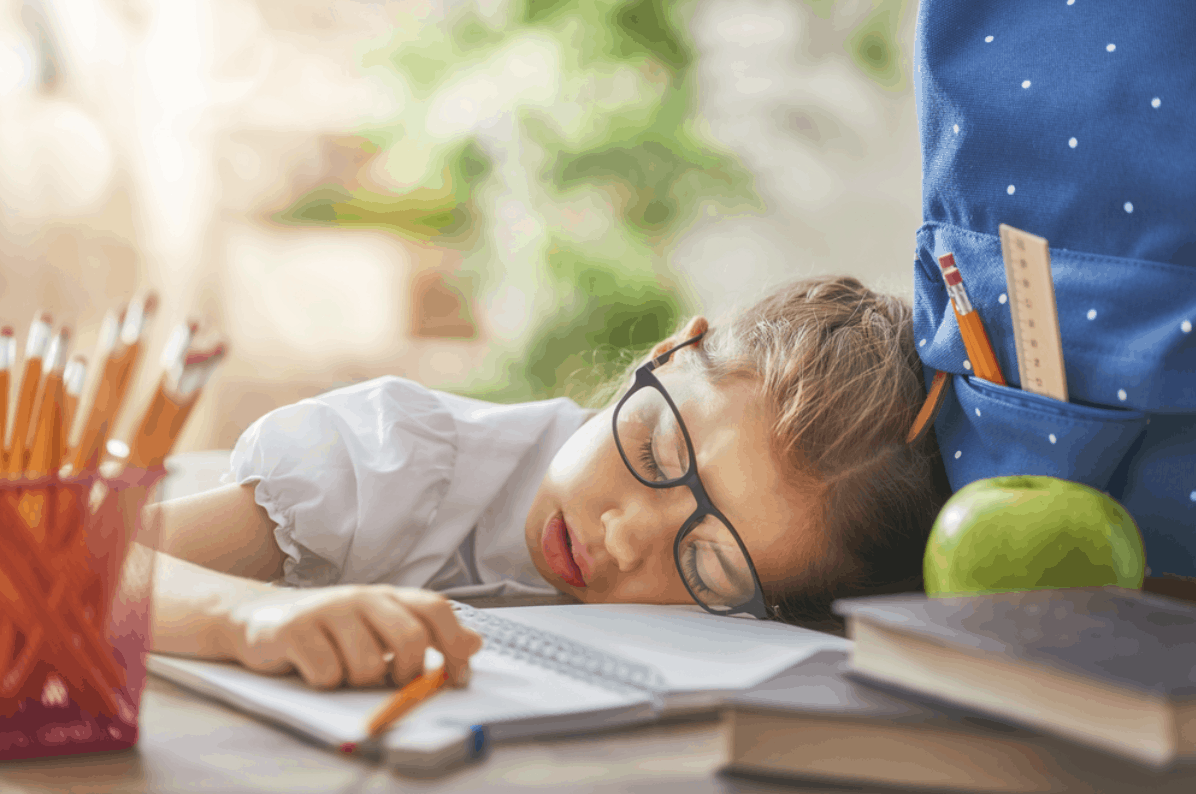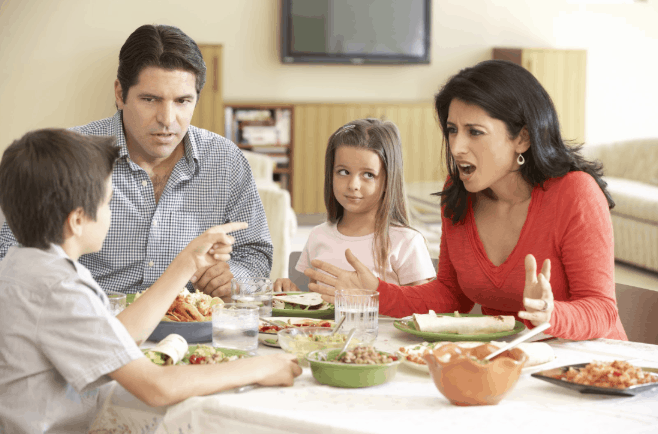All of us have heard of adult stress and anxiety, but not everyone may be aware that it can affect children, too. Learn how recognize anxiety in children, what are its causes and how to treat it.
At What Age Does Stress and Anxiety Start in Children?
Just like adults, babies and children can feel worried and anxious. It has been observed from as young as eight months, where infants can become clingy and develop something named separation anxiety when they are left by their parents or carers. This behavior can continue up to the age of about three years according to the National Health Service and is a normal developmental stage that children go through.
Once children start kindergarten or pre-school, many new stressful thoughts and feelings can occur, due to it being a whole new experience. It is fairly common for children of this age to develop fears or phobias, which they learn by mimicking people around them, such as being scared of spiders or the dark.
Signs of Stress and Anxiety in Children
It can be difficult to recognize the symptoms of stress in children as they tend to internalize their feelings. If you feel that something is not right, look out for some of the below behaviors:

Causes of Stress and Anxiety in Children
Here are some common causes of stress and anxiety in children and teenagers:
Busy schedules

School can be tough, and homework has to be done, then there are chores, seeing family and friends, hobbies and so on.
While it is generally encouraged for children to take part in extracurricular activities, sometimes they can do just too much and their health may start to suffer. Take cues from the child’s behavior and suggest breaks or time out when they look overwhelmed.
Bullying

Taunting and bullying mostly occur in school, so it can be difficult to spot. World-renown therapist Marisa Peer said: “They (bullies) feel the need to bring other people down to build themselves up. But if you don’t let them do that—or if you teach your kids how to deflect negativity—bullies will always move on to someone that will let them. Bullies like easy targets and confident kids are not easy targets. You must remind your kids to respond to bullying in a way that shows their self-worth and self-esteem is not being affected. Giving your kids that confidence starts at home. Constantly remind them that they are enough, and have them focus on activities and hobbies that build their self-esteem and worth. Tell them that it’s likely their bullies at school are far more miserable inside than they are. This helps arm themselves against bullying in many situations.” This empowering ANTI-BULLY article details Marisa’s advice and gives practical ways to deal with bullying—a great resource for adults and children.
Social media

Unfortunately, social media can cause children to feel like they are not enough. They can become obsessed with looking or acting a certain way and owning certain possessions. There is also the growing problem of trolling online, which can and has led to devastating consequences such as self-harming and suicide. Marisa said: “From a parenting perspective, it’s true that being vigilant about monitoring your children’s usage of social media is important; but I would argue that teaching them how to not let in harsh, destructive criticism is even more important and far more effective in the long run.”
Not getting enough sleep

According to the National Sleep Foundation, about a third of parents say homework and after-school activities disrupt their children’s sleep. It is also the norm to have electronic devices in the bedroom, which can negatively affect the act of falling asleep each night. How much sleep is enough? The Sleep Council offers a general guide of toddlers needing around 12 hours of sleep a night; children aged 3 to 6 years, 10-12 hours; 7 to 12 years, 10-11 hours; and teenagers around 8-9 hours.’
Family and home life issues

Parental illness, arguments, and divorce can all have a seriously harmful effect on children of all ages. They tend to be aware of a lot more than you may think due to the bad energy that they can feel. Marisa explains: “Although you should try not to fight in front of children, seeing parents disagree and make up is not damaging when done in constructive ways. When children see people arguing and resolve it, it allows them to go out into the world with the same skills and not to fear disagreements.”
Parental mental health

Parents and carers of children have the responsibility of keeping their own mental health in good check, as it has a direct impact on their children. Children learn and develop by imitating people around them, so if their peers and influencers are depressed, they are more likely to adopt feelings of stress and anxiety. Adults can address their own issues and retrain their minds to lead a stress-free and happy life with Marisa’s ‘Free Yourself from Depression‘ hypnosis audio.
Treating Stress and Anxiety in Children
If you suspect that a child is suffering from stress and anxiety, try talking to them gently and explaining that it is OK and normal to sometimes feel like this. Offer your undivided attention for an hour or so every day to encourage them to open up and talk about how they are feeling and what it is that’s bothering them. It’s also a good idea to introduce a healthy schedule of eating the right foods, taking time to relax or meditate, plus finding the time to do things that they enjoy. This helpful article has more information and techniques, which may be useful for adults and children: Stress Management Activities.



